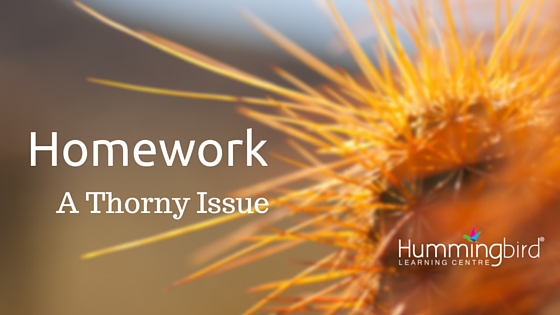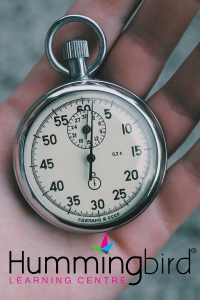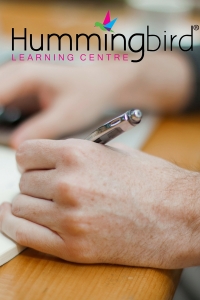We always like to take books with us on our holidays. I love nothing better than sitting in the sunshine reading my book. It’s one of my favourite ways to unwind on holiday – assuming there is sunshine!
I’m also a great fan of libraries. Everything about them appeals to me: the rows of books, the orderliness, the calmness, the potential hidden between the covers. We used to go to the library every Friday when we were children & I brought my kids there too.
 So armed with his library card, I sent my son into the library the morning before we were going on our holidays. His mission was to find a book for his dad, who likes to read biographies. As he is a keen cyclist, my son thought that dad would like a book about Lance Armstrong & chose the book by the Irish whistleblower, Emma O’Reilly (always good to have an Irish perspective). However, the librarian wouldn’t allow him to take it out because it was an adult book!
So armed with his library card, I sent my son into the library the morning before we were going on our holidays. His mission was to find a book for his dad, who likes to read biographies. As he is a keen cyclist, my son thought that dad would like a book about Lance Armstrong & chose the book by the Irish whistleblower, Emma O’Reilly (always good to have an Irish perspective). However, the librarian wouldn’t allow him to take it out because it was an adult book!
When I queried it, (I assumed it might have been because of drug taking in the book), I was told that my 13yr old couldn’t take out books from the adult section. Now I’m absolutely fine with that rule if he was taking out 50 Shades of Grey, but a sports biography? Don’t we want to encourage reading?
Most of the children I work with dislike reading when they first come to us. In school, books are banded according to various criteria and matched to perceptions of pupils’ ability. This means that some pupils never get access to the books that they would most like to read and share with others, as they are always constrained by the level they have reached. Some pupils never progress through all the levels and they end up reading what they call ‘baby’ books, which only serve to undermine their confidence further.
The Dyslexia Association of Ireland (DAI) held its 7th European Conference in the Newman Building, UCD, Belfield, Dublin 4, on April 25th 2015. The conference brought together experts from Ireland, the UK and Europe to share current research on dyslexia, with a focus on Innovation in Assessment and Teaching.
One of the Keynote speakers, Jonathan Solity in his presentation “Are Synthetic Phonics Programmes and the Phonics Screen Major Causes of Dyslexia?” stated “There is no sound evidence base on which books can be banded or levelled. Schools need to move away from thinking about matching books to pupils’ ability, be clear about the skills that pupils have mastered, and the extent to which they will be able to read any books that they share with more experienced readers.”
 In other words, allow the children read books that interest them. Encourage them to expand their vocabulary. Buy a really good thesaurus dictionary, keep it beside them and help them to find out the meanings themselves. Use the internet to get the meaning of new words.
In other words, allow the children read books that interest them. Encourage them to expand their vocabulary. Buy a really good thesaurus dictionary, keep it beside them and help them to find out the meanings themselves. Use the internet to get the meaning of new words.
Focus on the purpose of reading, which not to read to at a predetermined level, but to share ideas and knowledge.
October is Dyslexia Awareness Month.
Elaine Sparling is the creator of the Hummingbird Learning Method® and is launching the online version of their popular workshop The Secrets to Successful Spelling™ on October 31, 2015. Based in Adare, Co Limerick and Tralee Co Kerry, she works with clients on a one to one basis and can be contacted on 087-2996054 or through their website www.hummingbirdlearning.com









